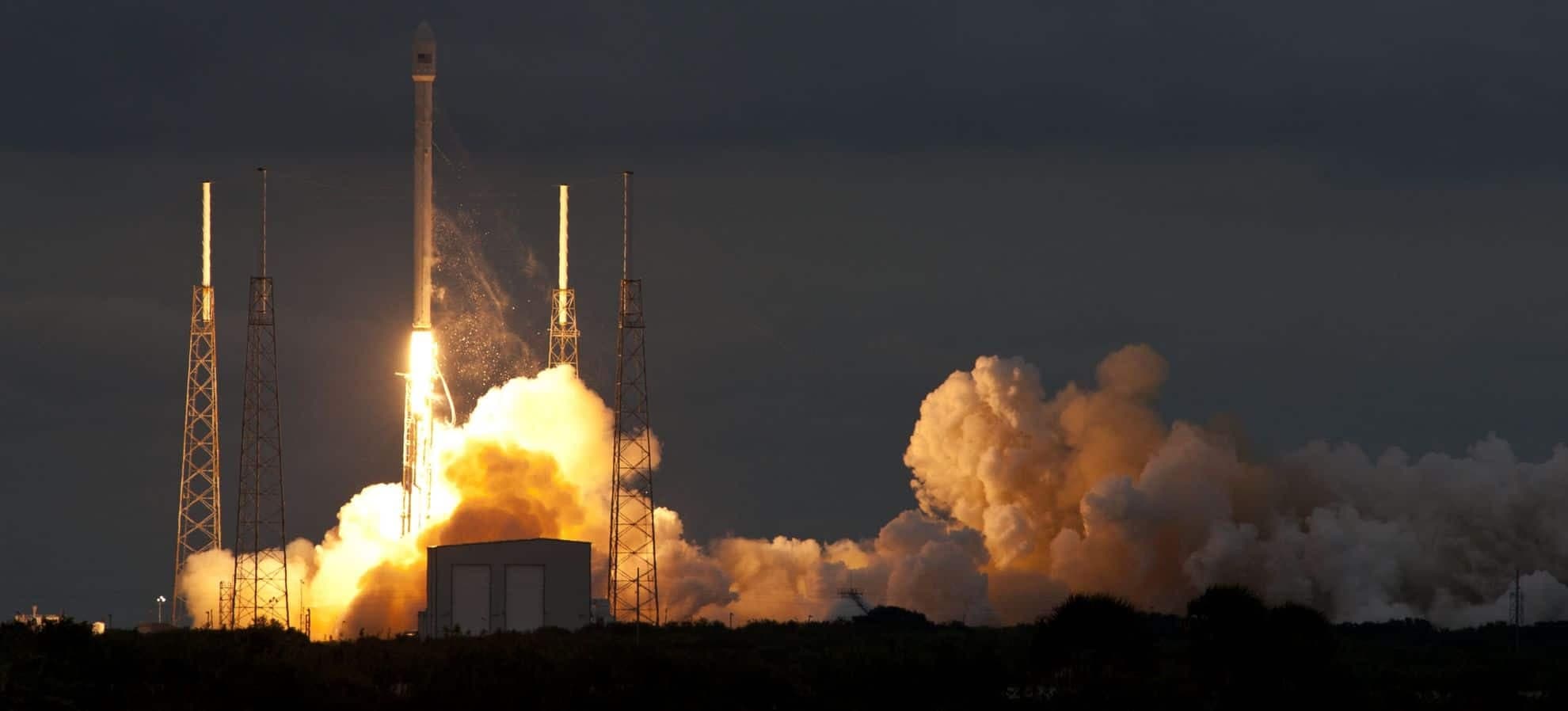The Age of Commercial Spaceflight
Rocket science isn't easy. Ask any engineer. Rocket science isn't cheap. Just ask NASA. Fortunately, in recent years, a number of commercial spaceflight companies have stepped up to the plate in order to help national space agencies extend their reach into the final frontier.
Innovative companies like Elon Musk's SpaceX and Jeff Bezos' Blue Origin have accelerated the development of reusable rockets exponentially. In so doing, they have dramatically reduced the cost of leaving our pale blue dot, improving both our ability to explore the cosmos and scientists' capacity to conduct research beyond Earth.
To be more specific, in 2012, SpaceX became the first private space company to deliver cargo to the International Space Station (ISS). Previously, this monumental feat was something that had only been achieved by world governments.
At the present time, the company is working on the Crew Dragon, a next-generation spacecraft that is designed to ferry humans to the ISS. One day, SpaceX even plans to land on Mars, and if Musk has anything to say about it, humans will be on the Red Planet—possibly living there for good—in the next decade or so.
Ultimately, private spaceflight companies are leading our charge into the cosmos. This is because successfully reusing boosters is a critical part of bringing down the cost of launches...and it's something that the world's governments have failed to produce.
With this technology, we won’t have to build a completely new rocket for every single mission. According to SpaceX president Gwynne Shotwell, reusability could lower the cost of rocket launches by a staggering 30 percent.
A fully reusable vehicle is the fundamental breakthrough needed to revolutionize access to space.
Likewise, Musk asserts that such rockets are the key to a truly economically viable space industry: "A fully reusable vehicle has never been done before. That really is the fundamental breakthrough needed to revolutionize access to space. If one can figure out how to effectively reuse rockets just like airplanes, the cost of access to space will be reduced by as much as a factor of a hundred."
And Blue Origin echoes these sentiments, with Bezos calling such technologies "the Holy Grail of rocketry." After the first landing of Blue Origin's New Shepard resuable rocket, Bezos wrote, "I believe this is a new Golden Age of space exploration. The first Golden Age was the ’60s. We have been treading water for a long time. We are on the verge of a new Golden Age in rocketry. I believe one day all rockets will have landing gear.”
This means that we can have more frequent and cheaper launches. This, in turn, means faster progress in both commercial spaceflight and our off-world research and exploration. In short, private spaceflight is ushering in a new age in our voyage into the cosmos.
Above And Beyond
Yesterday, Musk stated that SpaceX would have a breaking announcement today at 4pm EST (1pm GMT). And he just revealed that SpaceX will be sending two private citizens around the Moon.
The space company said in a statement that the two individuals have "already paid a significant deposit" to do a Moon mission. Initial training, along with health and fitness tests, are set to occur later this year, SpaceX continued.
Ultimately, this is the first flight to the Moon with a crew in more than 45 years, and SpaceX went to lengths to point out the significance of this work: "Like the Apollo astronauts before them, these individuals will travel into space carrying the hopes and dreams of all humankind, driven by the universal human spirit of exploration."
SpaceX also outlined the nature of the project and clarified the timeline:
SpaceX has been approached to fly two private citizens on a trip around the moon late next year. They have already paid a significant deposit to do a moon mission....We expect to conduct health and fitness tests, as well as begin initial training later this year. Other flight teams have also expressed strong interest and we expect more to follow. Additional information will be released about the flight teams, contingent upon their approval and confirmation of the health and fitness test results.
To break this down, to begin, SpaceX plans to launch the Crew Dragon (Dragon Version 2) spacecraft to the ISS without people on board this year, and then a subsequent mission with crew will fly in the second quarter of 2018. From there, the company will head to the Moon, an important milestone as they work towards the ultimate goal—transporting humans to Mars.
Share This Article
